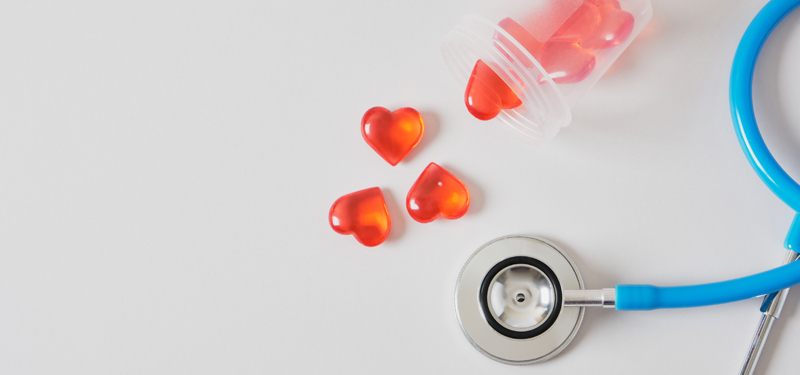
he most critical aspect of any sperm donor program is finding the correct sperm donor from a credible sperm bank. At BabyScience IVF Clinics, we have a donor program assisting many couples in conceiving. People may use donors mainly when the male partner is sterile.
Intrauterine insemination (IUI) is usually an infertility treatment when other less invasive treatment options fail to give any result. IVF can be a primary option for women aged more than 40 years. Your doctor may consider IVF as an option if you or your partner has one of the following conditions:
The screening usually procedure includes a quarantine period of at least six months. During this period, the doctors store the frozen samples. Once the quarantine period is over, the doctors re-test the donor for any infection if developed during the quarantine period. The female receives the donated sperm artificially by any assisted reproductive technique.
The embryologist may use a donor’s sperm with either IVF or IUI. The female partner will receive fertility medications to stimulate ovulation for egg retrieval. Once retrieved, the embryologist mixes the eggs with the donor sperm. The doctor will transfer the resulting embryo into the uterus.
The sound quality of the sperm from a healthy sperm donor significantly increases the chances of a successful pregnancy.
Any healthy woman less than 33 years old can donate her eggs for assisted reproduction purposes. The egg donation process starts with the donor’s physical and psychological health evaluation. Some necessary criteria for an egg donor are:
Your doctor would take the complete medical history and prescribe some medical screening tests for infectious diseases and diagnostic procedures for your uterine evaluation.
In the IVF clinic, your doctor would screen you for sexually transmitted infections such as Hepatitis B, Hepatitis C, syphilis, gonorrhea, Chlamydia, cytomegalovirus (CMV). The doctor will also be doing detailed profiling of your blood type and Rh factor.